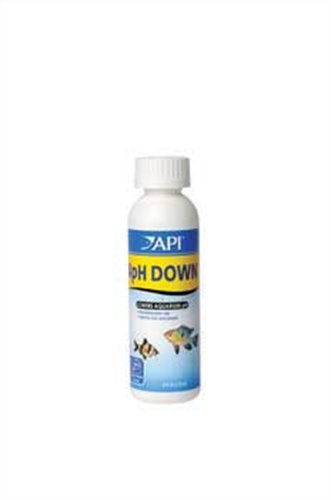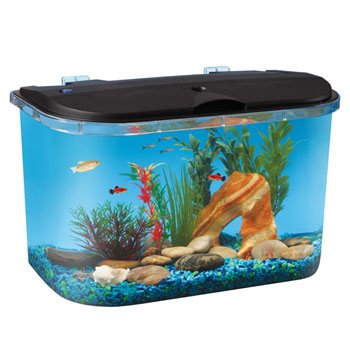Every pet owner wants to keep their dog safe from harm and will go out of their way to do so. But how many people realise that toxins can be found in the most unexpected substances in your home. Whilst some may seem fairly obvious, others are surprising. Aspirin, ibuprofen and paracetamol for example, are both toxic to dogs; the latter posing a risk of permanent liver and kidney damage. Loperamide and other anti-diarrhoea medicines can also cause illness so in general, it is a good idea to keep human medicines away from dogs unless advised to do otherwise by a vet.
Substances that you may well keep around the house include slug bait, rat poison, insecticides, ant killers and borax. Antifreeze containing ethylene glycol smells attractive to dogs but are lethal with even small quantities proving life threatening. Caffeine, nicotine and cannabis can cause seizures, vomiting, muscle weakness, diarrhoea, drooling and muscle tremors.
Garden chemicals such as creosote, bone meal, and weed killer will all affect your dog as will white spirit and barbeque lighting fluid. It is a good idea to keep these off the floor and away from areas that your dog frequently visits.
Some foods are also extremely toxic to dogs. Foods such as dark chocolate, avocado, macadamia nuts, large amounts of onion and grapes are all extremely toxic to your pet and should be kept out of their way.
Dark chocolate contains a compound called theobromine. Effects of theobromine vary according to the size and breed of dog so smaller dogs are usually much more susceptible. Symptoms can include epilepsy, vomiting, diarrhoea, internal bleeding and heart arrhythmias possibly leading to a heart attack. Generally speaking over 200mg of theobromine per kg is needed to kill a dog, with milk chocolate containing 44-66 mg/oz and dark chocolate 450 mg/oz it is wise to keep dark chocolate out of the way. If your dog has a real weakness for chocolate, pet supplies stores often carry a wide selection of specially formulated dog chocolate.
Raw fish can cause thiamine deficiency and raw salmon can contain a fluke which causes symptoms similar to that of parvovirus. Other things that might be found in your kitchen such as bleach, washing powders and batteries should also be kept out of reach from your dogs just as you would do for a child as these can be extremely caustic especially if ingested.
Signs of poisoning in dogs: Signs to look out for that your dog has been poisoned include lethargy (if your dog does not appear to want to get up from its dog bed), weakness, drooling, vomiting, diarrhoea, excitability, seizures, dilated pupils, dizziness, rapid or laboured breathing and fever. It is important to realise that even non-fatal poisoning can lead to heart defects, kidney damage and other long term issues.
If you suspect that your dog has been poisoned you should immediately contact your vet. Do not give any dog food and do not attempt to make your pet vomit unless instructed to do so by your vet.

 How to Choose Fish for Mini Aquariums
How to Choose Fish for Mini Aquariums
How to Choose Fish for Mini Aquariums
How to Choose Fish for Mini Aquariums
 Cloudy Aquarium Water
How to Get Keep My Aquarium Water Clear
Cloudy Aquarium Water
How to Get Keep My Aquarium Water Clear
 Lets Review Automatic Pet Feeders
One for your Cat or Dog, and
Lets Review Automatic Pet Feeders
One for your Cat or Dog, and
 Tips for Maintaining a Freshwater Aquarium
Here are a few tips for main
Tips for Maintaining a Freshwater Aquarium
Here are a few tips for main
 What Are the Causes of Ick in Fish?
What Are the Causes of Ick in Fish?
Wh
What Are the Causes of Ick in Fish?
What Are the Causes of Ick in Fish?
Wh